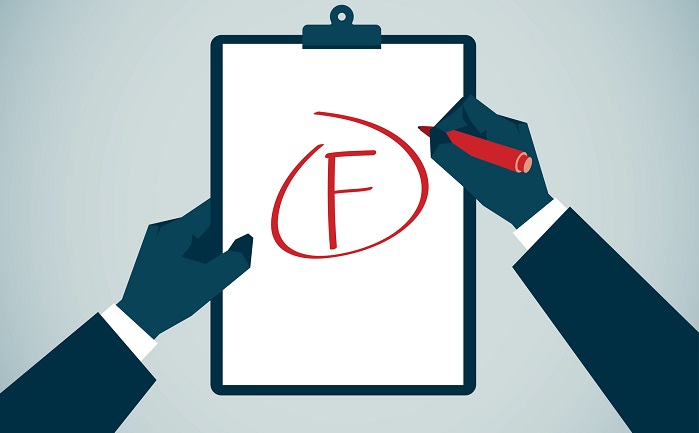Despite welcoming and supporting the EU’s move to establish a joint blacklist, Oxfam has criticised the assessment process, describing it as “opaque”.
In its report, ‘Blacklist or whitewash? What a real EU blacklist of tax havens should look like’, the charity also cautioned that the final list risks losing credibility if it does not include EU countries.
Three criteria
In compiling its own version of the blacklist, Oxfam assessed countries against the EU’s three criteria: transparency, fair taxation and participation in international fora on tax.
In doing so, Oxfam said it has identified 35 non-EU jurisdictions that fail to meet at least one requirement.
In addition, it concluded that Ireland, Luxembourg, Malta and the Netherlands all failed to meet the same, single criterion: fair taxation.
According to the EU, to be compliant with the fair taxation requirements, countries must have no harmful preferential tax measures or facilitate offshore structures or arrangements aimed at attracting profits that do not reflect the real economic activity in the jurisdiction.
Zero percent tax rate is used as an indicator.
Political interference
The Oxfam report stated: Since decision on tax issues require unanimous agreement from all EU member states, there is a risk of countries not being listed due to political reasons or a failure to agree on effective countermeasures.”
The report added: “An effective blacklist must be free from any vested interests of political interference.”
The report was released after representatives of some international financial centres flew to Europe to speak with ministers about their potential inclusion on the blacklist.
Areas for improvement
Oxfam called on the EU to:
- Adopt a clear and ambitious blacklist of tax havens, based on objective criteria and free from political interference;
- Introduce transparency regarding the listing process by disclosing the exact methodology used for analysing countries, as well as a summary of third country interaction with the EU’s Code of Conduct Group during the listing process
- Adopt strong common and coordinated defensive measures against blacklisted countries to limit base erosion and profit shifting (Beps);
- Take appropriate measures against EU tax havens; and,
- Provide support and direction to jurisdictions which are heavily dependent on their tax have status.








